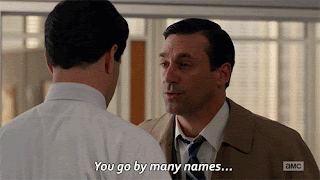Main clause:I don't know what was more miraculous
Main clause: the technological achievement
Subordinating conjunction: that
Dependent clause: put our species in a new perspective
Coordinating conjunction: or
Main clause: the fact that all of us were doing the same thing at the same time.
Independent clause: I know people say life goes on
Dependent clause: and it does
Dependent clause: but no one tells you
Independent clause: that is not a good thing
Punctuation: When joining two independent clauses together, a comma (,) should be used before the coordinating conjunction.
I know people say life goes on, and it does...
*If anyone catches an error, please let me know.
source: http://grammar.about.com/od/c/g/comcomplexterm.htm



























